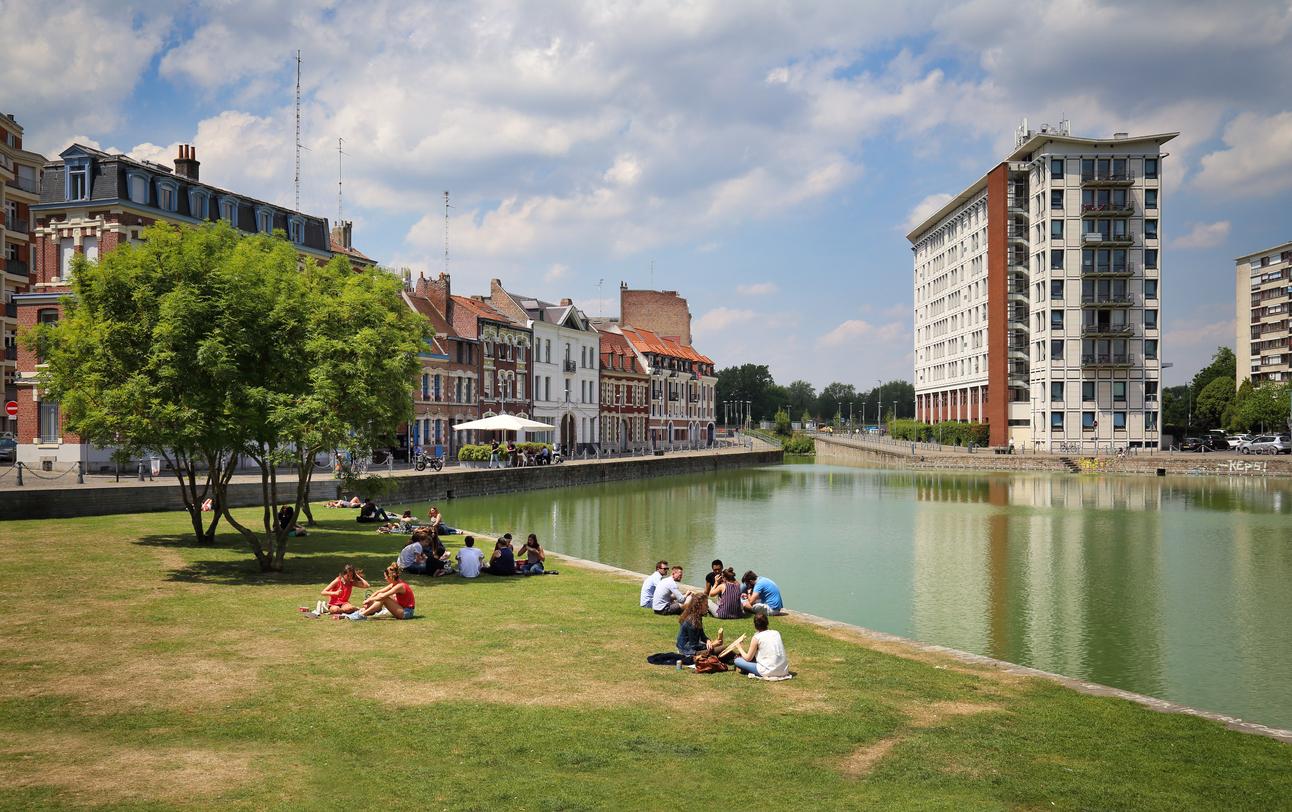Noise pollution in cities increases the risk of suffering a myocardial infarction.

- Two separate European studies highlight the negative impact of noise pollution on cardiovascular health.
- The first shows that noise pollution increases the risk of early onset myocardial infarction in young people with low traditional risk factors.
- The second reveals an association between exposure to urban noise, especially at night, and a more unfavorable prognosis one year after a first myocardial infarction.
Car engines, horns, slamming doors, discussions on terraces, music in bars… silence is rare in the city. And, it would not be good for the heart, according to two studies conducted in Europe.
This work, presented at the European Society of Cardiology congress held in London from August 30 to September 2, 2024, reveals that urban noise pollution can have an impact on the cardiovascular risks of those under 50 and patients who have already had a heart attack.
Urban noise pollution increases risk of heart attack
The researchers of the DECIBEL-MI study wanted to determine the consequences of noise in cities on heart health. To do this, they gathered 430 patients living in Bremen (Germany) who had been hospitalized for a myocardial infarction. These participants were aged 50 or younger. The researchers assessed the levels of noise exposure in their place of residence. They noted that noise pollution significantly increased the risk of early onset of myocardial infarction in those under 50, even if they had low traditional risk factors (non-smoking, no diabetes, etc.). They even showed higher risks than those with a high level of traditional risk factors.
“Including noise exposure in risk prediction models allows for the accurate identification of individuals at risk, leading to more targeted prevention. Recognizing noise as a risk factor fills an important gap and underscores the need for public health strategies to reduce noise pollution, thereby improving cardiovascular health in young populations.”says Dr. Hatim Kerniss, author of the study, in a press release.

Myocardial infarction: exposure to urban noise impacts prognosis
The second study, conducted in France, assessed the impact of exposure to ambient noise on prognosis after a first myocardial infarction. For the latter, the team reviewed the records of 864 patients hospitalized for an acute infarction. They also determined that the average noise level in European cities was 56 decibels over 24 hours and 49 dB at night.
“We found a strong association between exposure to urban noise, particularly at night, and a worse prognosis one year after a first myocardial infarction.”explains Professor Marianne Zeller of the University of Burgundy Franche-Comté and the Dijon Burgundy University HospitalThe scientist and her colleagues observed a 25% increase in the risk of a major adverse cardiovascular event for every 10 dB increase in nighttime noise, regardless of air pollution, socioeconomic levels and other factors.
“These data provide some of the first evidence that noise exposure may affect prognosis. If confirmed by larger prospective studies, our analysis could help identify new opportunities for environmentally-based secondary prevention strategies, including noise barriers for high-risk myocardial infarction patients.”adds the person in charge of the works.

















